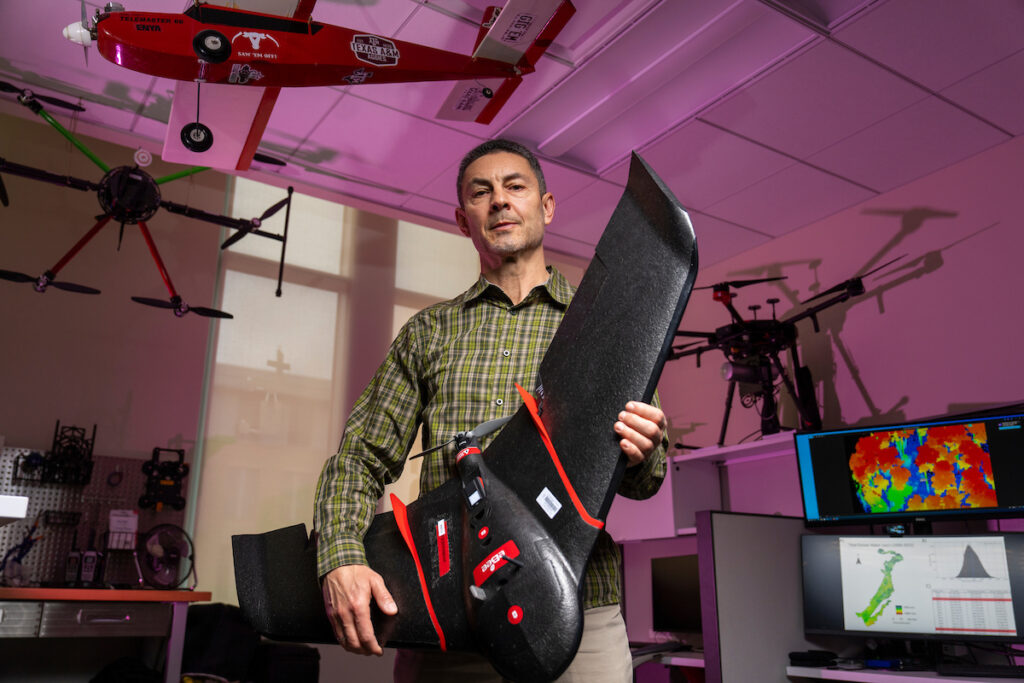
Ecology and Conservation Biology Research
The Department of Ecology and Conservation Biology is dedicated to the advancement of new knowledge and new discoveries in ecology and related fields of science, such as the study of evolution, behavior, biodiversity, and environmental science. Our researchers also strive to develop new approaches and methodologies that advance both scientific discoveries and applications of ecological knowledge and evidence for effective biological conservation and natural resource and environmental management. Our research is conducted in field sites throughout Texas and the world, and most of our faculty, technical staff, and students have strong international collaborations. Research in developing tropical countries is an especially strong focus for many of our researchers.
Current Initiatives
As a founding pillar of Texas’s land-grant university, our department continues to innovate, teach future leaders and support stakeholders across the state. We collaborate with various state agencies, universities, government organizations and industry groups around the world to develop and disseminate impactful research and Extension programs.
Much of the basic research conducted by ECCB scientists addresses emerging environmental challenges, such as habitat fragmentation, climate change, pollution, invasive species, and host-parasite interactions. Research training and experiences prepare our students to become proficient scientists, effective team leaders, and professionals dedicated to addressing complex environmental problems that affect biodiversity, ecosystem services and people worldwide.
Ecology and conservation biology research in the news

Ecoinformatics researcher advances conservation science
The emerging field of ecoinformatics is transforming the way we understand and manage ecological systems, helping bridge the gap between cutting-edge data science and real-world challenges.
Texas A&M AgriLife Research and Extension
Texas A&M AgriLife Research is the state’s premiere research agency in agriculture, natural resources, and the life sciences. Through Texas A&M AgriLife Research, we conduct hundreds of projects spanning many scientific disciplines to deliver life-sustaining and industry-changing impacts to citizens throughout Texas and around the world. The Texas A&M AgriLife Extension Service is a unique education agency with a statewide network of professional educators, trained volunteers, and county offices. With a vast network of 250 county Extension offices and some 900 professional educators, the expertise provided by the Texas A&M AgriLife Extension Service reaches into every Texas county to address local priority needs. We value people, programs and partnerships.